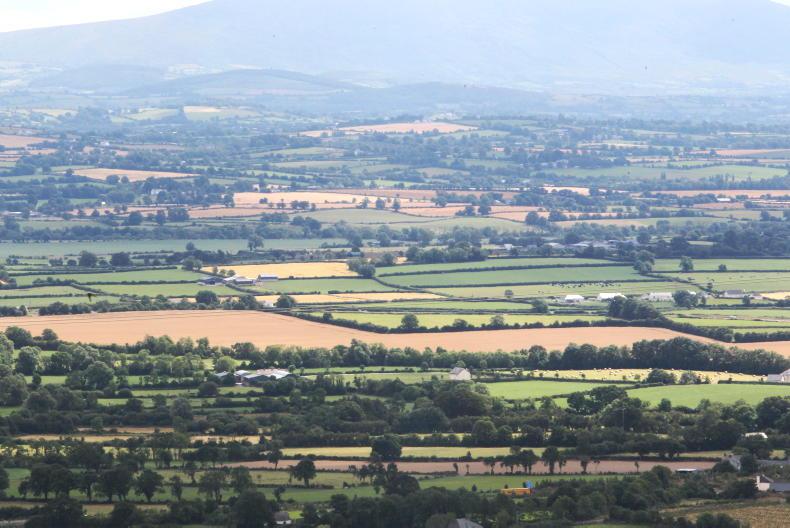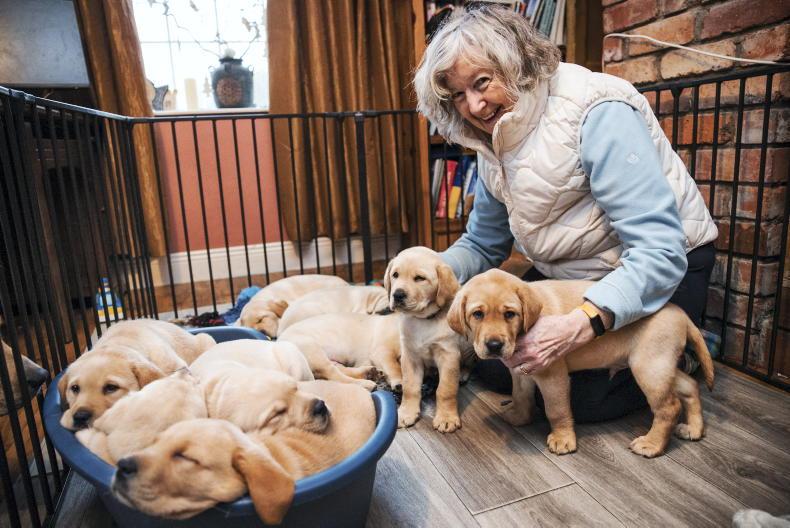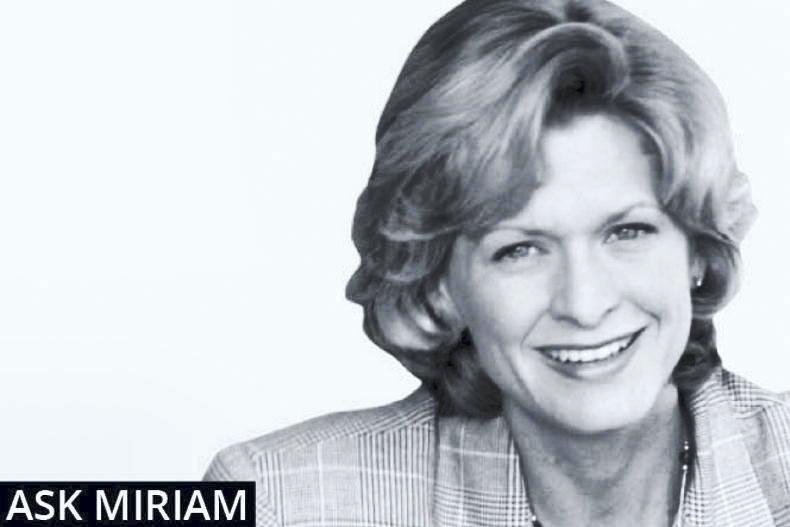Bereavement due to sudden death can mean spouses or partners having to face sudden legal issues as well as emotional and financial turmoil. That’s at a time when they are least able to cope.
Here, agricultural solicitor Aisling Meehan answers 10 important questions that may arise early – or later – following tragedy.
1 How do I register the death?
A relative by blood, marriage or civil partnership should register the death. You do not need to be next-of-kin to do this. You must register the death within three months, when you have received the death notification form from the doctor.
2 In what circumstances are post-mortems or inquests required?
A doctor must be satisfied about the cause of death before they can certify it. If a person dies and the death cannot be explained, an inquest may be held to establish the facts of the death, such as where and how the death occurred. An inquest is not usually held if a post-mortem examination of the body can explain the cause of death.
3 How soon should I start administering the estate after a sudden death?
There is no set time. People generally leave it until after the month’s mind. There is a concept called an ‘Executor’s Year’ whereby an executor cannot be sued for not progressing probate until a year after the person has died.
4 If there is a will, may I take out probate myself or do I have to pay a solicitor?
If you are the executor and the estate is not complicated, you can make a personal application to the Personal Application Section of the Probate Office (or to one of the 14 District Probate Registries around the country).
5 What if no will was made by the deceased?
Where there is no will, property is distributed according to the rules of intestacy. Where the deceased was married with no children, the entire estate goes to the spouse. If there were children, the spouse gets two-thirds and the other third is divided equally amongst the children. If there is no spouse or children, the parents inherit or if they are predeceased, the brothers and sisters inherit.
6 What if we weren’t married and had no children but had been a couple for many years?
If there was a will, then hopefully provision was made in the will for the surviving partner. Where there was no will, the property would be left to the next-of-kin under the rules of intestacy. A partner would have no automatic right to any share in the estate under the rules of intestacy or under the Succession Act (Legal Right Share).
However, there is a redress scheme available under the Civil Partnership and Certain Rights and Obligations of
Cohabitants Act 2010. The couple must have been living together in an intimate and committed relationship for five years, or two years where there are children of the relationship. A claim would have to be made against the estate.
7 What if we weren’t married and have children?
Guardianship laws would be relevant here. If a child is born outside of marriage, the mother is the sole guardian. The position of the unmarried father of the child is not so certain. From a succession viewpoint, again if the deceased person had made a will, then whatever is in the will should apply. In the absence of a will, children are entitled to the whole estate in intestacy.
8 How long will it take to get the Grant of Probate or Letters of Administration and to transfer the funds, assets and property in an estate to me, the surviving spouse/partner?
It very much depends on the circumstances of the case. If the estate and administration is straightforward, the matter should be dealt with between six to 18 months. If there is conflict, it is often referred to as a contentious case and it could take several years to administer the estate, especially if there is a court case.
9 What if the will had been made before we married/lived together but it hadn’t been updated?
If you marry or enter into a civil partnership, your will is automatically revoked – unless your will was made in contemplation of that marriage or civil partnership.
If the will was made after you were married but not updated, it is still valid but what is in it might not be in the best interests of those surviving.
10 I have decided to lease the land but I feel bullied by extended family into selling/renting to them. What can I do?
Authorise a third party to deal with the matter for you, e.g. appoint an independent auctioneer to deal with the matter of leasing/renting out the land and direct all queries to be dealt with through him/her.
Disclaimer: The information in this article is intended as a general guide only. While every care is taken to ensure accuracy of information contained in this article, Aisling Meehan, Agricultural Solicitors does not accept responsibility for errors or omissions howsoever arising. To contact Aisling you can email aisling@agrisolicitors.ie
This Sunday, 30 June at 2pm, Embrace Farm are holding their annual Remembrance Service to remember all those from farm families who died suddenly. It takes place in the Church of the Most Holy Rosary in Abbeyleix, Co Laois. All are welcome to attend. Contact Embrace Farm for support in the event of a sudden death affecting family farms at embracefarm.com or info@embracefrm.com or 085 7709966.









SHARING OPTIONS